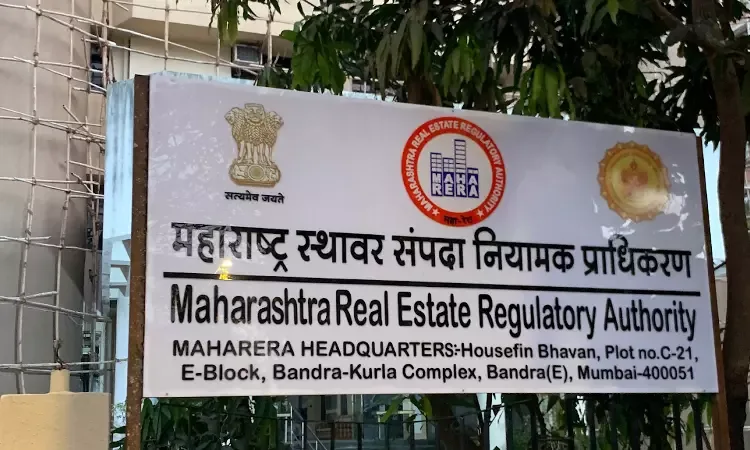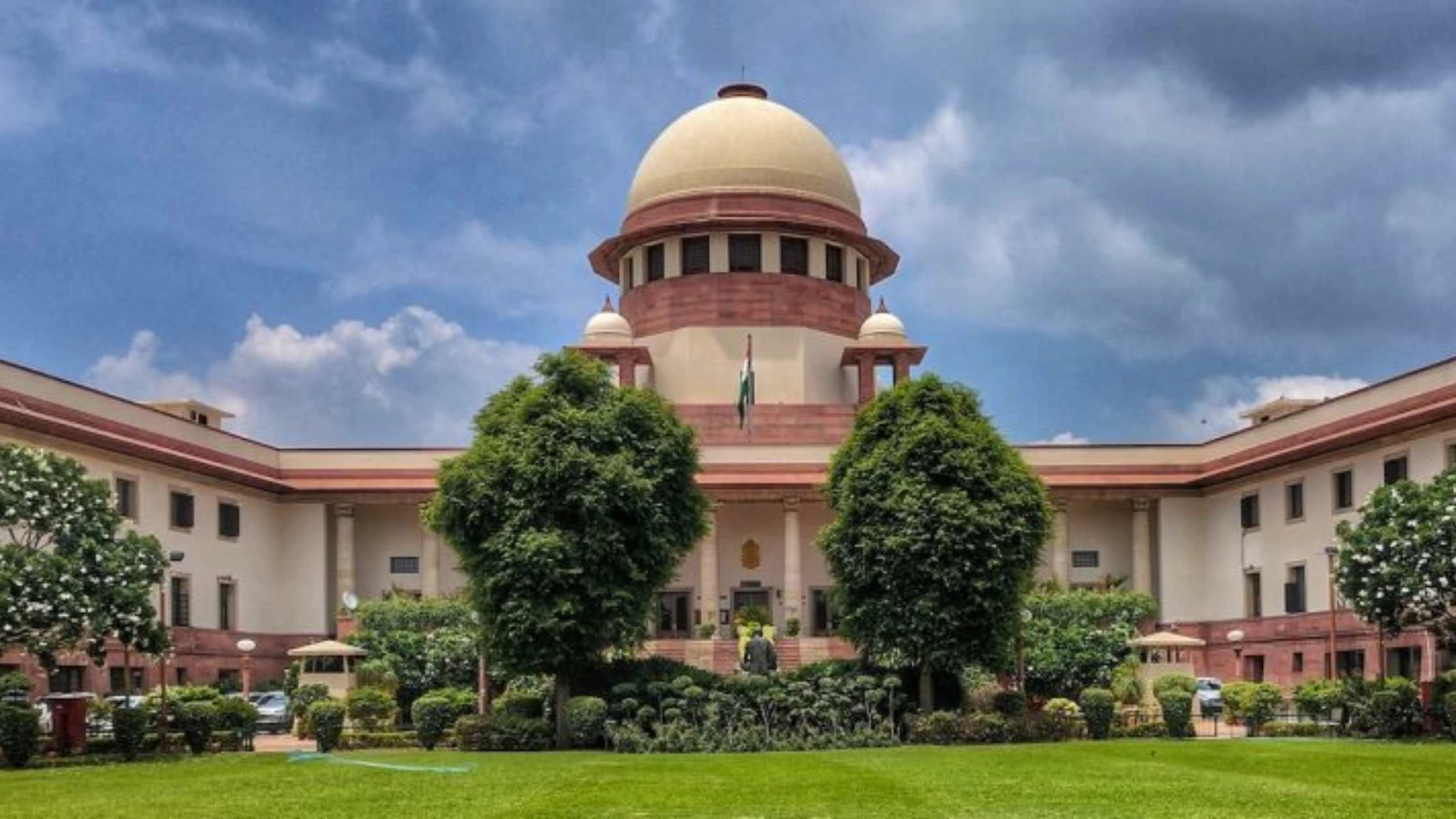Table of Content
▲
The Maharashtra Real Estate Regulatory Authority (MahaRERA) recently passed a significant order that reinforces the accountability of developers under the Real Estate Regulatory Act (RERA). A Nagpur-based developer had sought partial deregistration of a residential building, citing financial non-viability and zero bookings. However, MahaRERA rejected the plea, ruling that once a project is registered, it cannot be partially deregistered.
This decision emphasizes the regulator’s commitment to protecting homebuyer interests and ensuring that real estate projects proceed as promised.
Background of the Case
The case involved Moraj Infratech Pvt. Ltd., a developer based in Nagpur, working on a mixed-use project located in the MIHAN-SEZ area. The project included both residential and commercial components.
The commercial wing of the project had seen substantial progress. Out of 37 commercial units, 35 were already sold, with 32 registered agreements for sale and possession handed over to buyers. The developer even received a part occupancy certificate (OC) for this section in December 2023.
In contrast, the residential building named Ganga had failed to generate buyer interest. Despite completing around 35% of the construction work, the developer was unable to secure even a single booking. This lack of demand and mounting financial pressure prompted the request for partial deregistration of the residential portion.
Also Read: Housing Ministry Launches Unified RERA Portal
Developer’s Request for Partial Deregistration
Moraj Infratech argued that continuing with the residential section was financially non-viable. The absence of bookings meant no cash flow, making it impossible to sustain further construction.
The developer’s proposal was straightforward: allow deregistration of the residential building while keeping the registration for the already successful commercial wing intact. By doing so, the company hoped to avoid further financial strain while still complying with obligations for the commercial units.
MahaRERA’s Stand on Deregistration
In its order dated September 19, 2025, MahaRERA firmly rejected the request, stating that partial deregistration of a project is not permissible under the law.
The authority highlighted that under Section 5 of the Real Estate (Regulation and Development) Act, 2016, once a project is registered, it represents a binding commitment to complete and deliver the project as declared. Registration is not a formality or documentation exercise it signifies the developer’s intent and responsibility to fulfill promises made to homebuyers.
MahaRERA stressed that allowing partial deregistration could undermine buyer confidence and weaken the accountability framework created by the RERA Act. The regulator made it clear that once a project is given a registration number, it must proceed as defined in the Act until the premises are delivered.
Correction Option Instead of Deregistration
While rejecting the deregistration plea, MahaRERA provided the developer with an alternative. The authority allowed Moraj Infratech to apply for a correction process to delete the residential building from the project.
In its order, MahaRERA directed the Director of Registration to facilitate this correction within 60 days of the developer’s application. This approach balances regulatory enforcement with practical considerations protecting the interests of existing buyers in the commercial section while also providing a pathway for the developer to restructure the project legally.
Importantly, the regulator clarified that this correction process is not the same as deregistration. Instead, it ensures transparency, compliance, and proper documentation within the RERA framework.
Significance of MahaRERA’s Decision
The order carries broader implications for Maharashtra’s real estate sector.
- Strengthening Developer Accountability
- Developers cannot back out of commitments once a project is registered. This ensures that buyers are protected from sudden changes or abandonment of promised projects.
- Boosting Homebuyer Confidence
- By refusing partial deregistration, MahaRERA reinforces the reliability of registered projects, giving buyers greater confidence in investing.
- Preventing Misuse of Deregistration
- If partial deregistration were allowed, developers could misuse the provision to abandon less profitable sections while focusing only on commercially viable ones.
- Reaffirming RERA’s Role as a Consumer-Centric Law
- The decision highlights that RERA is designed to safeguard the rights of allottees, not just regulate developers.
This ruling will likely set a precedent for future cases, making it clear that once registered, projects cannot be partially withdrawn under financial or commercial pretexts.
Also Read: MahaRERA Flags Developer for Misallocated Parking, Terms It Service Deficiency
Conclusion
The case of Moraj Infratech in Nagpur underscores the seriousness with which MahaRERA enforces accountability under the RERA Act. By ruling out partial deregistration, the authority has ensured that developers remain committed to their obligations and that homebuyers’ interests remain protected.
At the same time, MahaRERA’s decision to allow a correction process demonstrates a balanced approach enforcing compliance while providing developers with structured options to realign projects.
For buyers, this ruling is another assurance that MahaRERA remains firm in its mission of fostering transparency, accountability, and trust in Maharashtra’s real estate market. For developers, it’s a reminder that registration is not just a procedural step it is a binding promise to complete and deliver as committed.






Ans 1. The case involved Moraj Infratech Pvt. Ltd., a Nagpur-based developer who sought partial deregistration of a residential building in its MIHAN-SEZ project, citing zero bookings and financial strain, while keeping the commercial section intact.
Ans 2. The residential building named Ganga failed to attract buyers, even after 35% construction, leaving the developer with no revenue flow. To avoid further financial losses, the company asked MahaRERA to remove the residential section from registration.
Ans 3. MahaRERA rejected the request, clarifying that once a project is registered under the RERA Act, it cannot be partially deregistered. Registration represents a binding commitment to complete the project as promised.
Ans 4. While refusing deregistration, MahaRERA allowed the developer to apply for a correction process to legally delete the residential wing from the project. This must be completed within 60 days of application through the Director of Registration.
Ans 5. According to MahaRERA, permitting partial withdrawal could weaken buyer confidence and allow developers to abandon unprofitable portions of projects, which goes against the consumer protection intent of the RERA Act.
Ans 6. The ruling ensures that developers remain accountable for all commitments made at the time of registration, giving buyers confidence that projects cannot be arbitrarily abandoned.
Ans 7. It sends a strong message that registration under RERA is not just procedural but a binding promise, reinforcing accountability and discouraging selective withdrawal from commitments.
Ans 8. Yes, the order is likely to guide future disputes, making it clear that financial challenges alone cannot justify partial deregistration of real estate projects.
Ans 9. By prioritizing buyer protection over developer convenience, MahaRERA reaffirmed that RERA exists to safeguard homebuyers’ rights and ensure transparency in the real estate sector.
Ans 10. The ruling balances strict enforcement of accountability with practical flexibility by allowing corrections instead of deregistration, ensuring both buyers’ trust and regulatory compliance are maintained.